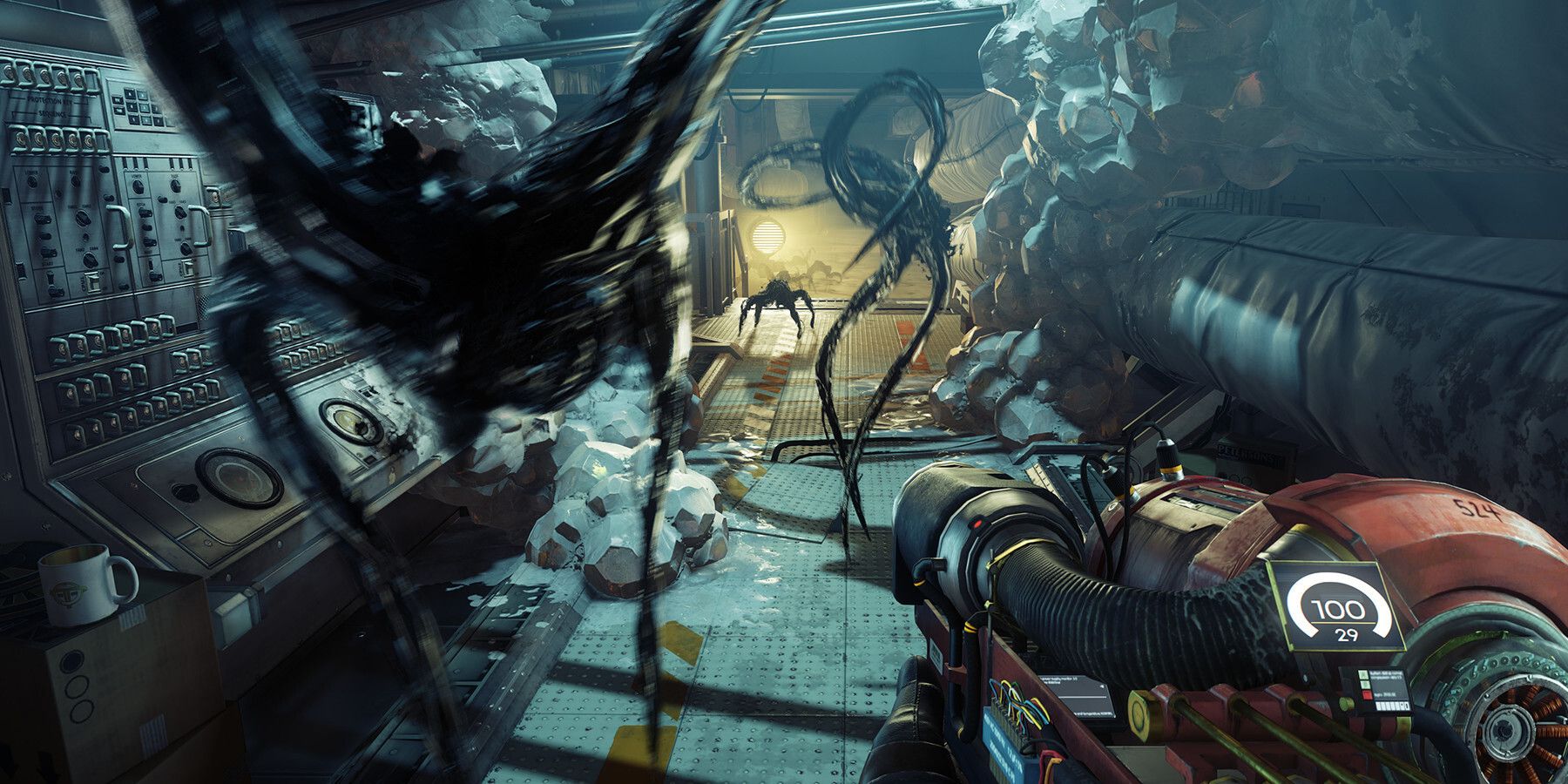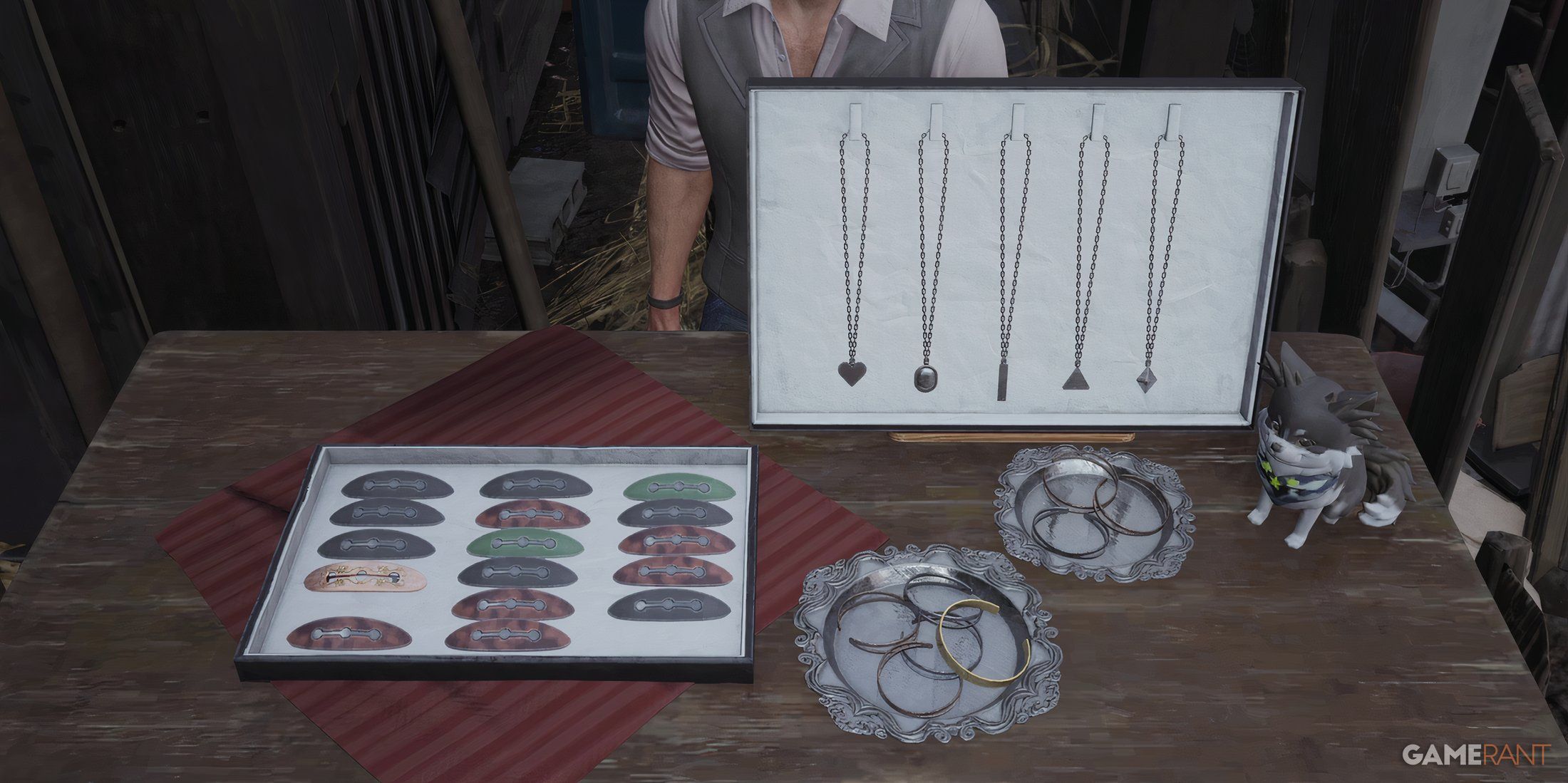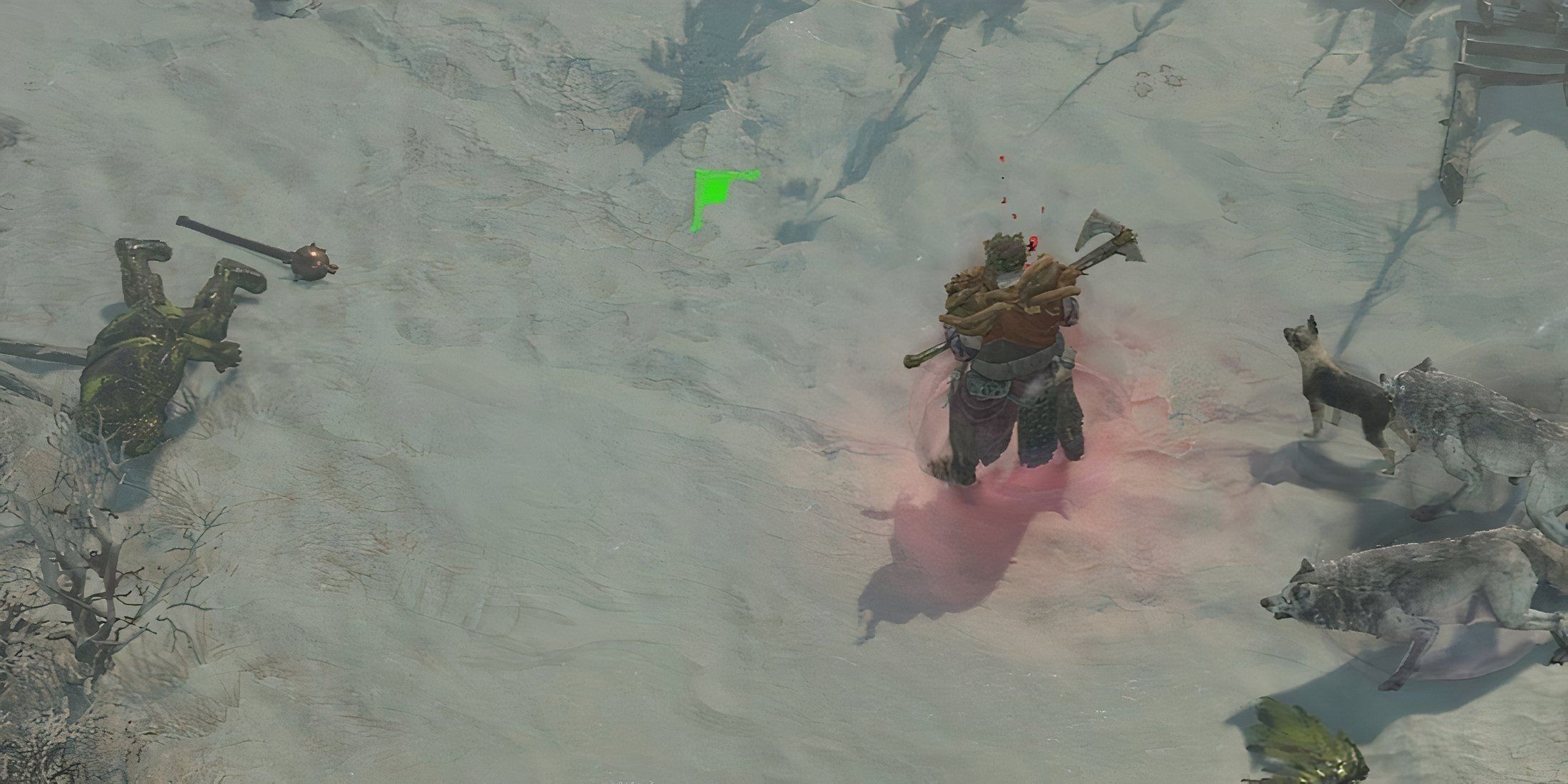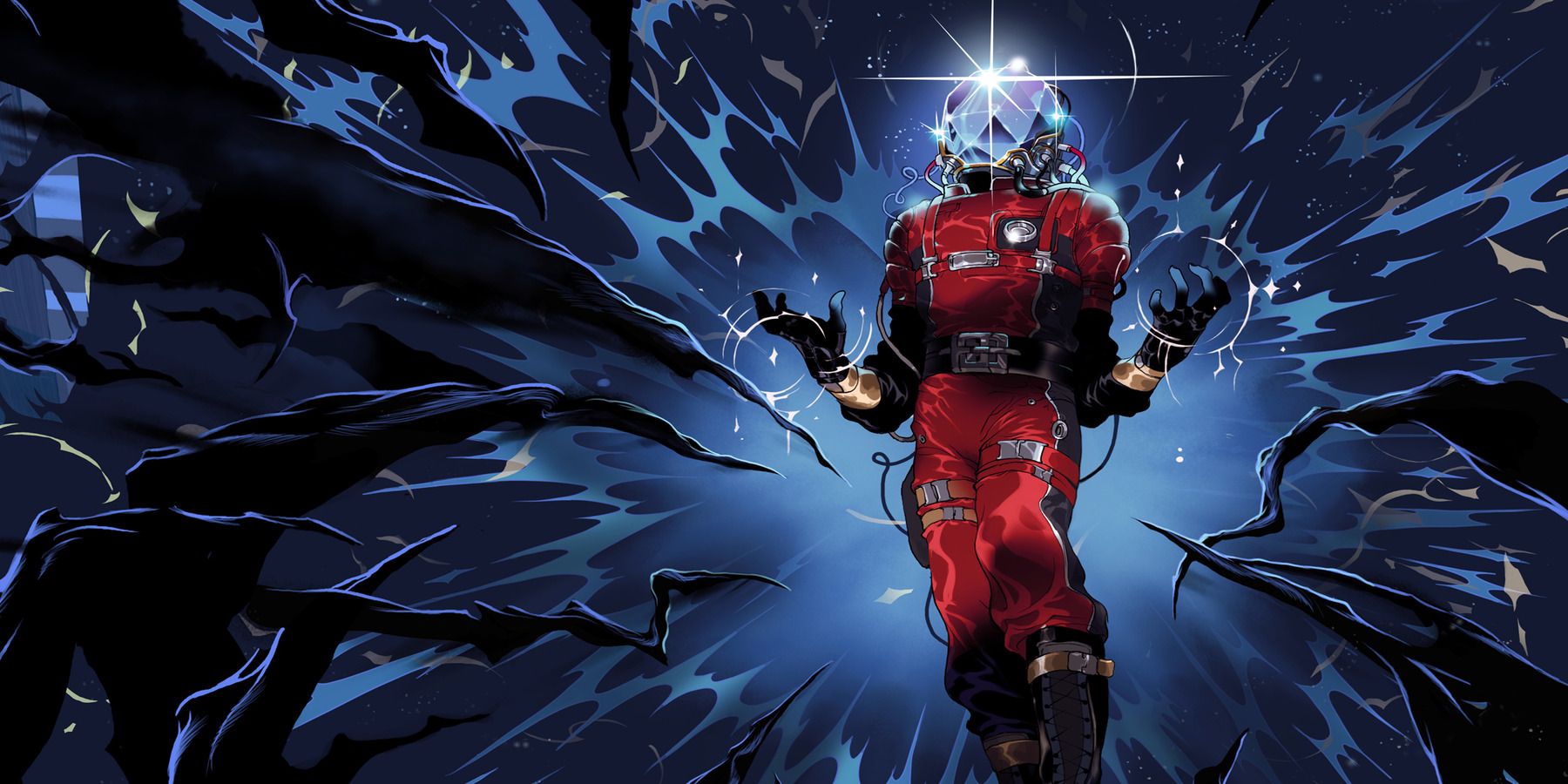Highlights
- Prey's unique mix of stealth, shooting, and exploration left players intrigued by its immersive sandbox experience, even if it proved to be a hard game to market.
- Despite Prey's poor sales, a sequel should happen, and it could focus on expanding lore and embracing the original's immersive sandbox gameplay.
- With Arkane hiring for its next game and its current projects being unknown, now is as good a time as any for another entry in the Prey series.
In recent years, the immersive-sim has had a bit of a resurgence. With games like Cruelty Squad, Gloomwood, and Ctrl Alt Ego all releasing to critical and commercial success, it's clear that the loosely-defined subgenre is alive and well in 2024. With so much inspiration to pull from in the indie realm, the time has come for Arkane to dive back into Prey and give that game the sequel it so clearly deserves.
Released in 2017, Prey received positive reviews but failed to perform commercially—the game's notoriously confused marketing simultaneously marketed Prey as a stealth-focused immersive-sim, a high-octane shooter, and some awkward middle-ground between the two, trying to appeal to everyone but ultimately appealing to nobody. Despite this, Prey’s interesting enemy concepts, unique set of mechanics, and open-ended nature have helped the game cultivate a cult-following in the years since its release.
A canceled Prey sequel was originally shown off at E3 2011. A direct follow-up to the 2006 original, Prey 2 put players in the shoes of U.S. Marshal Killian Samuels. Abducted by aliens and later stranded in a cyberpunk city on the planet of Exodus, gameplay was to involve exploring the city as a bounty hunter, capturing alien criminals and uncovering the city's mysteries.

Studio Founder Says Bethesda Forced Arkane to Name the Game Prey
Arkane Studios founder reveals that Bethesda forced the title 'Prey' upon its work-in-progress science-fiction immersive sim during development.
Prey Was An Attempt To Revive the Immersive Sim
Prey 2017 was, in many ways, a big budget attempt at recapturing the magic of System Shock 2. Tasked with using biological modifications and experimental technologies to delve ever deeper into a ruined space station, Prey encourages players to play, explore, and sequence break as they make their way around Talos 1. Audio logs and hacked email servers provide glimpses of how the space station fell into ruin and gives players a patchwork story to piece together as they explore. Of course, the fickle nature of appearances is a core theme of the game, and nothing is as it seems. Gradually, Prey reveals a twisty, intricate story about memory, identity, alien invasion, and the dangers of pushing science too far too fast.
Unfortunately for Prey, the game lacks a strong sense of identity. Characters are ciphers and the world is underdeveloped. The story hits all the right plot beats, yet often feels generic and uninteresting. With Arkane themselves already having brilliantly capitalized on the possibilities of worldbuilding with its two Dishonored games, there was little excuse for Prey’s world to be so sterile. A Prey sequel could fix this. Expanding on Prey's lore and integrating it into the environment could give a sequel a real sense of place. There is the problem of Prey’s ending, which doesn’t leave much room for a direct sequel, but a new perspective on the world—maybe bringing the action to Earth and focusing on new villains—could be a way to get around this.
What a Prey Sequel Could Expand On
Prey is at its best when it’s layering its mechanics one atop another in interesting ways. Using insulation foam, stacks of boxes, and upgraded jumping abilities to climb an elevator shaft and bypass certain side missions is immensely satisfying. Prey's best sandbox moments give the player a sense of agency within the world, allowing them to feel like they’re playing the game on their own terms rather than the designer’s. A Prey sequel could embrace this focus on immersive sandbox exploration, allowing players to ‘break’ the game more than ever before, finding ways around side-missions and locked doors in ways that feel clever and organic.
Unfortunately, it's unlikely that Arkane will be working on a Prey sequel any time soon. The game’s weak sales at launch mean a follow-up wouldn’t necessarily be a bankable prospect for a AAA studio, even with the cult-classic status the game has acquired in the years since its release. Still, with the announcement that Arkane is hiring for its next project, a number of fans are hopeful that this undersung sci-fi immersive-sim could someday get the sequel it deserves.




